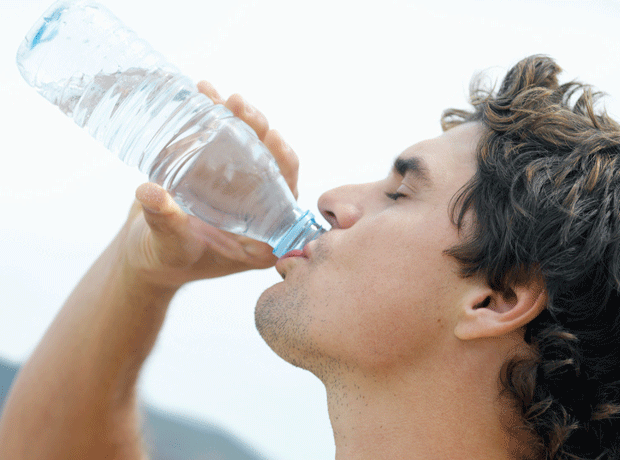
If life gives you lemons, make lemonade. Just not if you want to sell any of it. These days, you’d probably be better off removing the sugar and adding more water and ‘natural’ functional ingredients to make a low-sugar lemon mineral water. Or you could just throw the lemons away.
Because this week we have more evidence of the challenges and opportunities facing the soft drinks sector: more and more Brits are not packing their lunchboxes with carbonates, squash and other soft drinks in the morning. Instead they’re increasingly taking plain old tap water to work or school.
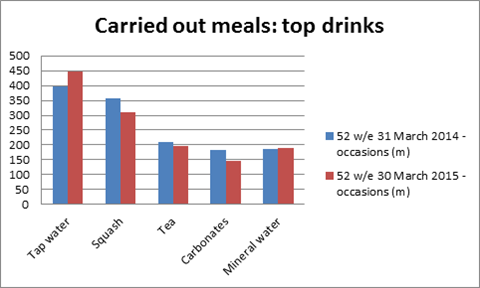
There’s been a 13% increase in tap water’s appearances in the packed lunches (and other carried out meals) of Britain in the past year, says Kantar Worldpanel (see above). That means it’s been the drink of choice in 23% of the 1.9 billion meals packed at home to be consumed elsewhere. It also makes it the nation’s favourite packed lunch tipple.
This is significant for a number of reasons. Rather worryingly, the evidence suggests this isn’t a case of consumers simply switching from one kind of soft drink to another; instead they’re leaving the soft drinks category altogether and turning to tap water.
The continuing backlash against sugary soft drinks is surely playing a part here – see carbonated soft drinks’ 20% decline in appearances in Britain’s lunchboxes and the much publicised fall in sales of full sugar pop for proof.
But that can’t be the only answer; if it were simply the case that we’re all looking for less sugary drinks for our packed lunches, mineral water would surely have seen a bigger increase in its share of lunchboxes. In the event, mineral water is only up 2%. That tap water is free, or near as damn it, has got to be significant here.
There’s another factor that’s fuelling tap water’s growing popularity: the explosive growth in pocket squashes of the past couple of years. Because these products are generally added to water just before consumption, and not at home, they are not picked up in this research.
So tap water’s growth presents as many opportunities as it does challenges. If people are switching to it because they want less processed, more natural and cheaper drinks – there’s clearly chance for brands to step up and provide such products. Many will argue they already are.
So, better to take the glass half full approach. Or, to put it another way, make lemonade when life gives you lemons.







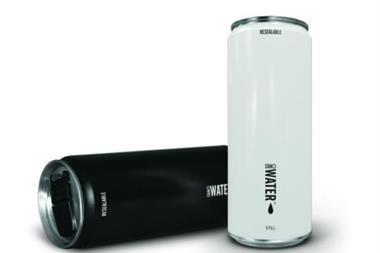
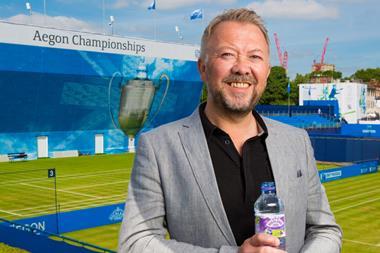
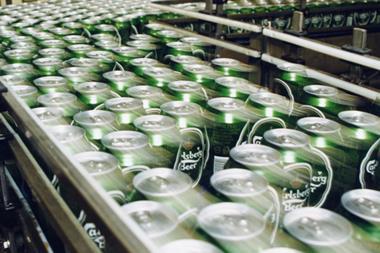
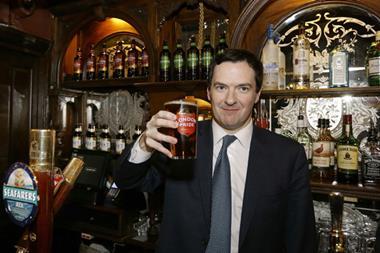

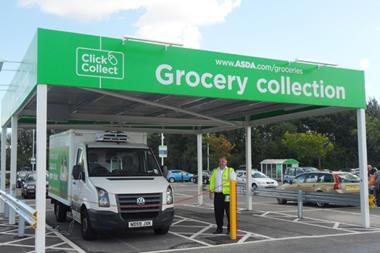






No comments yet